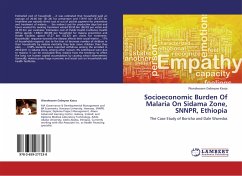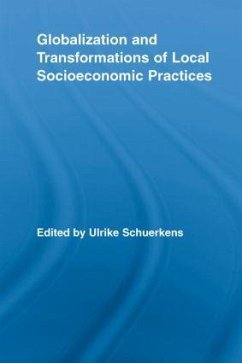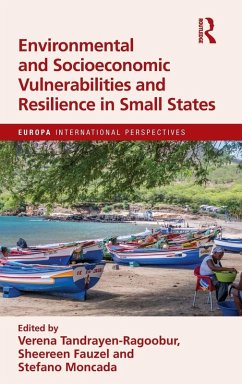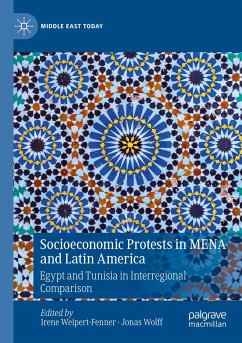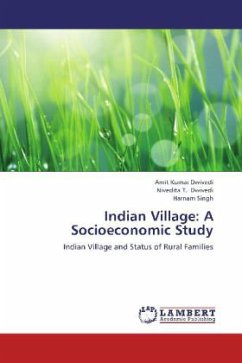
Indian Village: A Socioeconomic Study
Indian Village and Status of Rural Families
Versandkostenfrei!
Versandfertig in 6-10 Tagen
39,99 €
inkl. MwSt.

PAYBACK Punkte
20 °P sammeln!
Approximately 500,000 villages and over 1.2 billion people, India has agriculture as the basic occupation. In reality, Indian village life is a mixture of tranquility and innocence and that is far simple and easy to live. The villages of India are connected through a variety of essential linkages with other villages and with urban areas both near and far. Most villages are characterized by multiplicity of economic, caste, similarity, occupational and even religious groups link vertically within each settlement. Factionalism is a typical feature of village politics. In one of the first of the m...
Approximately 500,000 villages and over 1.2 billion people, India has agriculture as the basic occupation. In reality, Indian village life is a mixture of tranquility and innocence and that is far simple and easy to live. The villages of India are connected through a variety of essential linkages with other villages and with urban areas both near and far. Most villages are characterized by multiplicity of economic, caste, similarity, occupational and even religious groups link vertically within each settlement. Factionalism is a typical feature of village politics. In one of the first of the modern anthropological studies of Indian village life, anthropologist Oscar Lewis called this complexity rural cosmopolitanism . Access to wealth and power varies significantly and vast differences in socioeconomic status are evident everywhere. The poor and the wealthy live side by side in urban and rural areas. Current book has covered a judicious mix of social and economic facts of Indian villages. This book analyzed the state of rural families in the context of their household income and essential expenditure.






